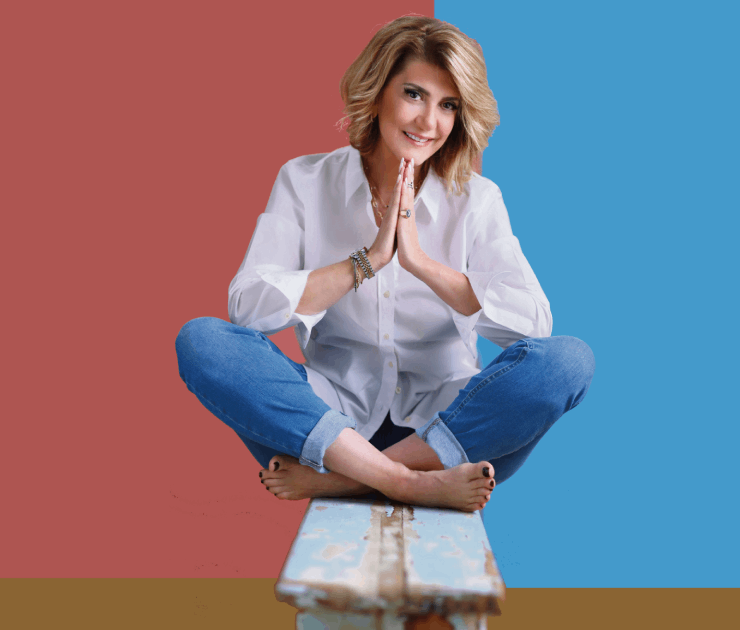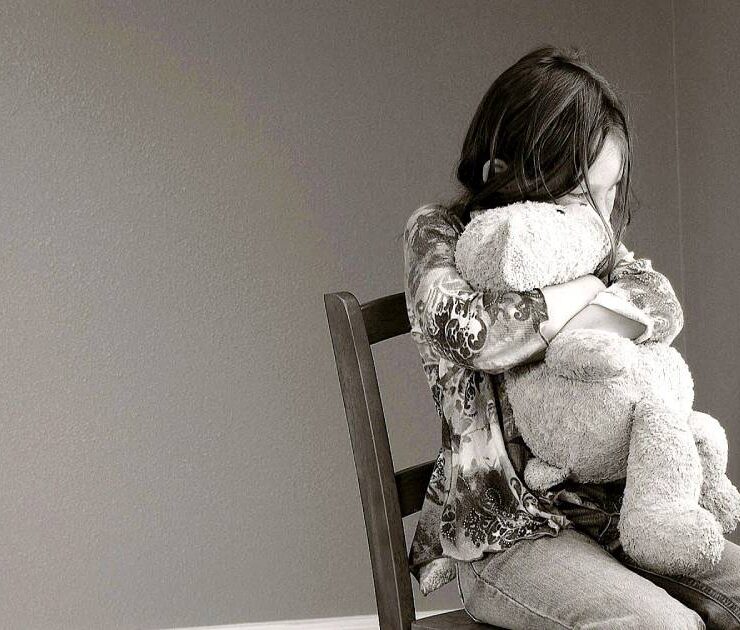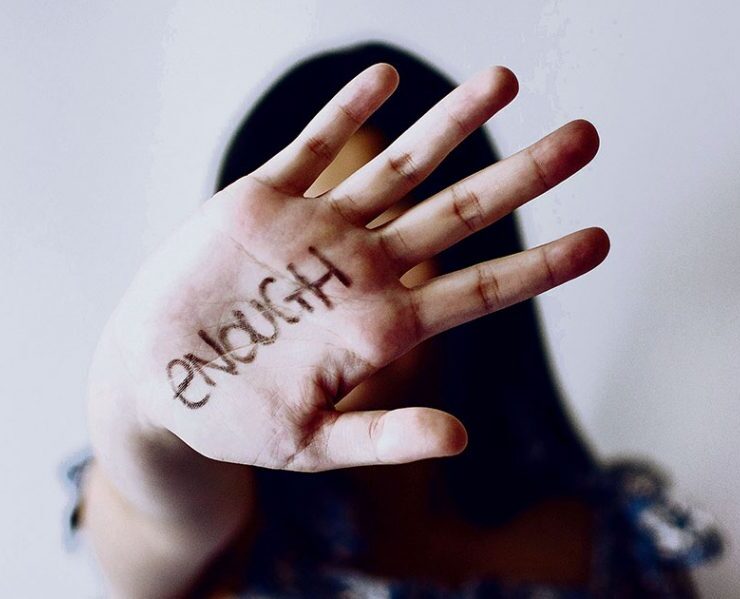Psychology: Mummy Burnout

Βeing a mother is one of the most important roles women have in society. It is lovely, but it can be challenging and exhausting as well. It is a marathon of caring from infancy to adulthood. But why modern mothers may be experiencing «burnout» more than mothers did in previous generations and what we can do about it.
Βeing a mother requires a permanent commitment, a lot of patience, persistence and time. Motherhood is a unique experience. When a woman becomes a mother, she will undergo biological but mostly emotional changes. Women constantly have to manage the conflicting expectations between who they were before (as women) and who they are now (as mothers).
The responsibilities which mothers have vary dramatically and change constantly. Being a mother can be so demanding sometimes that it is accompanied by physical fatigue and mental exhaustion, which in most cases forces the woman to forget herself or her husband.
Mum burnout
Burnout is a state of chronic stress, which stops someone from functioning effectively in their personal and professional life. It is real, and it can be brutal. It may lead to physical or mental exhaustion, detachment, and lack of accomplishment or feelings of ineffectiveness. It is not always easy to recognise the signs of burnout because Its nature is much more insidious.
Parenting is stressful, but sometimes it feels like total exhaustion. If motherhood seems more challenging than it used to be, if you don’t enjoy it to the fullest, or maybe you are less patient with your children or husband, you might be going through a rough period called “mum burnout”.
Being a burnt-out mother is not only bad for the mum, but also for her children and family. Being a mother is the hardest job because women lose parts of themselves after having children. Research on parental burnout shows that mothers feel guilty admitting to feeling burnt out. They judge themselves everyday having wildly unrealistic expectations that consume them. Modern mothers are expected to do everything right – for example, keep the house clean, apply new parenting methods to raise intelligent children, and be equally active in their professional and personal lives. “Burnout” is a result of a many different things, but false expectations (e.g., “I will continue to work, do what I did before, but also spend time with my children”), and beliefs (e.g., “To be a good mum, I should never shout at my children”).
Mothers are judged daily by their family and society, but above all by themselves. Unrealistic expectations, thoughts of not being the “perfect” mums, comparison with other mothers, and feelings of incompetence and failure may act negatively on a mum’s self-esteem.
Burnout symptoms
Attention is always diverted: Working mothers run out of steam when it comes to work and parenting. Women’s attention is constantly diverted between their job and their children, feeling challenged in terms of maintaining boundaries, for example staying on top of professional obligations and children’s social life.
Losing Patience: There are many reasons why mothers lose their patience. For example, too many responsibilities and too little energy, having unrealistic expectations, and inability to keep a wide-angle perspective without talking their children’s misbehaviour personally. These situations often lead mothers to display anger towards their children because they are the most accessible targets.
Desensitisation: Sometimes mothers may be desensitised to how dramatically their children react in situations. In other words, they do not take their children’s challenges very seriously (e.g., feeling sad, fight with their siblings), or feel unable to cope with everyday«childish arguments».
Put themselves last: Sometimes mothers ignore their own needs and they do not take care of themselves. In the pursuit of perfecting parenting, mothers compare themselves with the cultural attitude of the «perfect mum», trying to do everything right. Unfortunately, most mothers refuse to ask for help, as it may be considered selfish or weak.
Physically, emotionally and mentally drained: Today’s quest for parenting perfection can be the fast track to despair. All these add up to almost-inevitable exhaustion leading mothers to get stuck in a vicious circle. When mothers are unable to manage their stress, they lose control and their ability to plan. They may feel irritable and frustrated. It becomes difficult to make decisions without second-guessing themselves and sometimes it feels impossible to figure out their own feelings and thoughts.
Coping strategies
- Do not be afraid to acknowledge the sings of stress. There’s no shame in admitting that you need a break.
- Take care of yourself and find your balance in order to be able to spend quality time with your children.
- Dare to set boundaries. Create a schedule that both you children can follow. Having a routine is useful because you know what to expect out of the day most of the times.
- Plan short trips (e.g. the park, the playground, or the zoo). Children appreciate the change of scenery. This will also help you build a strong relationship with your children.
- Take a break from your children – spend time with your friends, or your partner.
- Find your support system and do not isolate yourself. Surround yourself with positive people and avoid negative people who judge every decision you make.
- Start saying «no» to things you do not want to do.
- Self-care: Find time for yourself and do something you love even for 5 minutes.
- Avoid social media. Stop exhausting yourself trying to keep up with the false standard of perfection.
- Plan your day and try not to overschedule your children.
- Allow your children to do things for themselves or entertain themselves. They will learn to be independent and responsible while you have some spare time for yourself.
Mum means love. You are doing the best you can and that is what your children need but always remember that you need to take care of yourself as well. Healthy mums mean healthy children.
What's Your Reaction?
Dr. Danai Serfioti | Dr D | Chartered Psychologist Senior Lecturer in Clinical & Occupational Psychology, UK Discover more and work with me: https://www.drdserfpsychology.com/ https://linktr.ee/drdserfpsychology Δρ Δανάη Σερφιώτη | Dr D | Ψυχολόγος Καθηγήτρια Πανεπιστημίου στην Κλινική & Εργασιακή Ψυχολογία Ανακάλυψε περισσότερα & συνεργάσου μαζί μου: https://www.drdserfpsychology.com/el https://linktr.ee/drdserfpsychology










